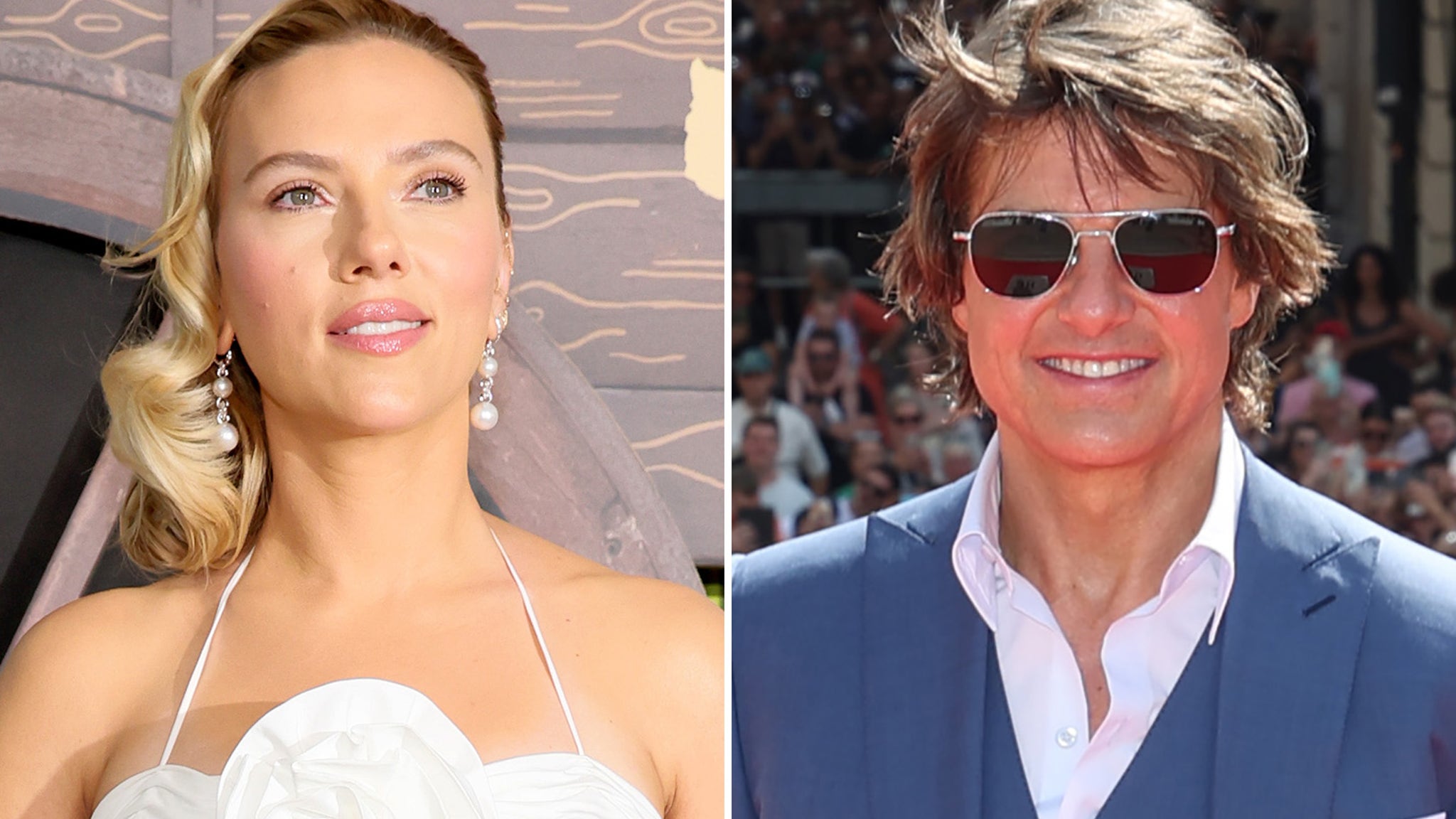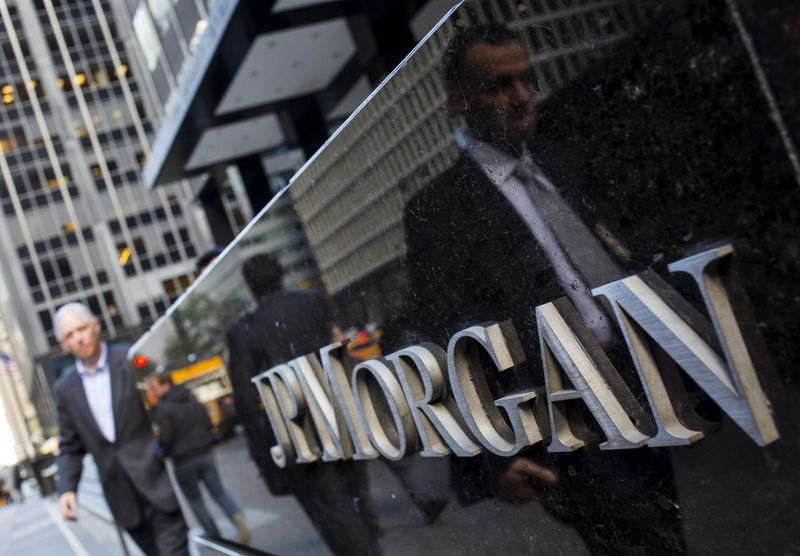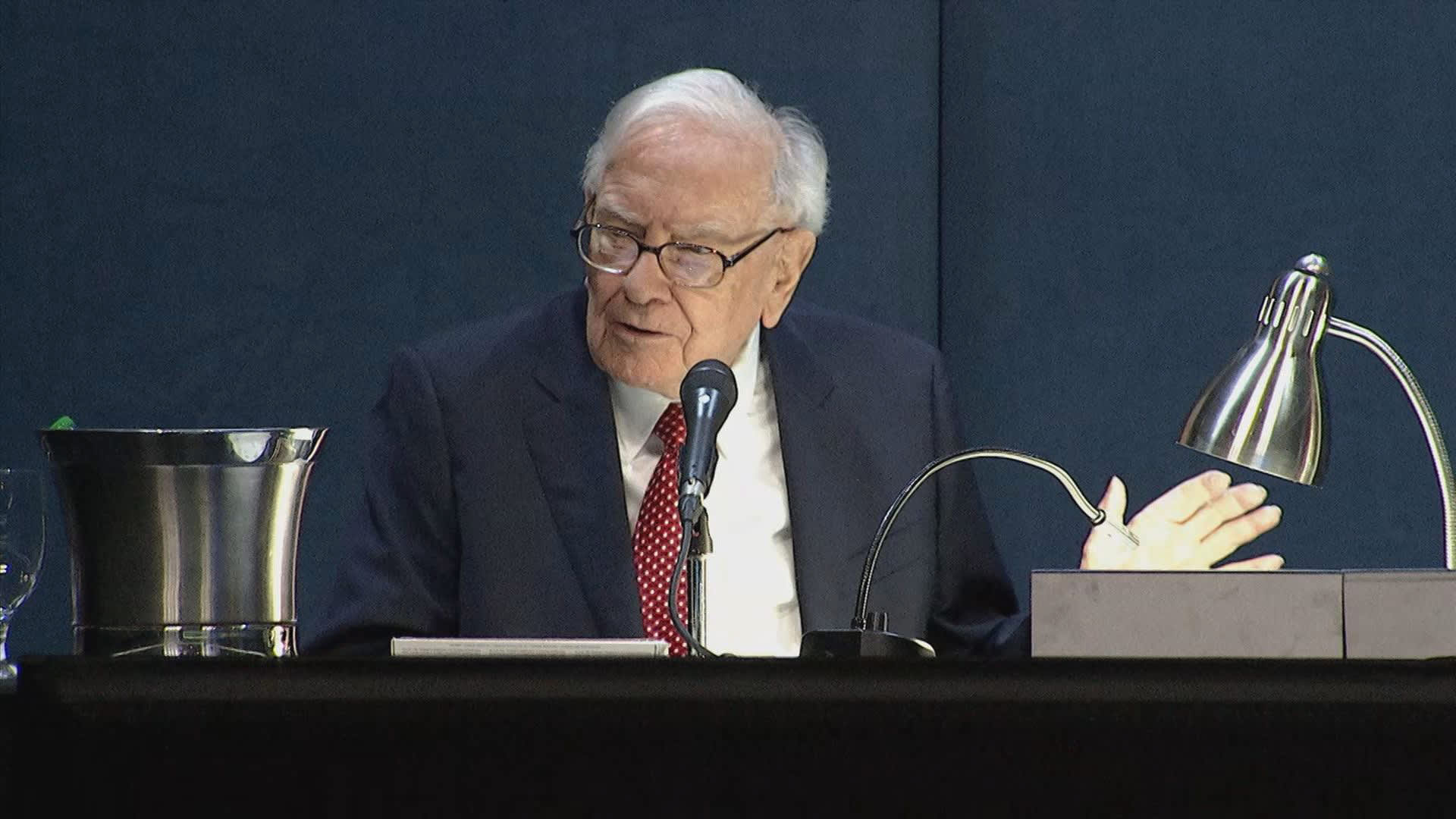The Israel Bar Association provides two of the Judicial Appointments Committee’s nine members. The others are a mix of Supreme Court justices, cabinet ministers and parliamentarians meant to encourage give-and-take in bench picks.
Netanyahu’s religious-nationalist coalition wants to expand the panel to give the government more clout – among reform proposals that have sparked unprecedented nationwide protests and brought unusually intense public scrutiny of the Bar’s role.
Among candidates for Bar chairman are Amit Bachar, who has openly identified with the anti-reform demonstrations, and Efi Naveh, a confidant of a conservative former justice minister who championed reining in perceived over-reach by the Supreme Court.
Netanyahu has not commented on the Bar election, whose results are due on Wednesday. It has been front-page news in Israel and featured a spray of campaign robocalls and text messages – including to non-lawyers – by at least one candidate.
‘COMBATIVE CHAOS’
Far-right Finance Minister Bezalel Smotrich came out against Bachar, branding him “a prominent leftist, among leaders of… the unbridled, extremist, quarrelsome and combative chaos on the streets in recent months”, in remarks to reporters on Monday.
Bachar denies having a partisan objective, saying lawyers of all stripes back his pledge to prevent a “political takeover by the government of the Judicial Appointments Committee”. Naveh has said that, if elected, he would be nobody’s “proxy”.
Netanyahu announced he would resume the judicial overhaul this week after suspending it in March to enable compromise negotiations – so-far fruitless – with opposition parties. They accuse Netanyahu of seeking to restrict the courts even as he argues his innocence in a long-running corruption trial.
The coalition argues that the reforms would balance out the branches of government, and plans on Wednesday to begin work on a fresh bill to limit some Supreme Court powers.















